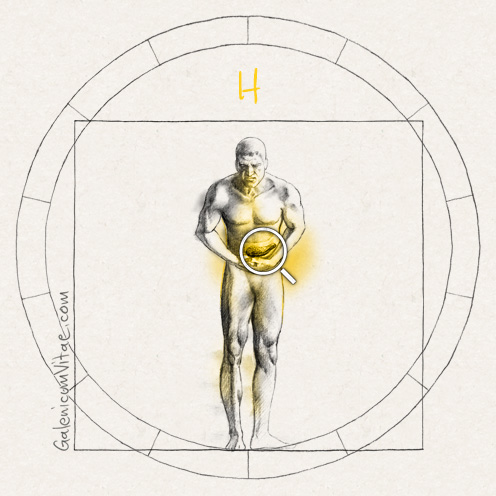The pancreas is a gland located behind the stomach and in front of the spine. It produces juices that help break down food as well as several hormones that control metabolism of nutrients in the blood.
Pancreas problems can lead to many health problems, which include:
- Pancreatitis or inflammation of the pancreas: this occurs when digestive enzymes begin to digest the pancreas itself.
- Pancreatic Cancer.
- Cystic fibrosis, a genetic disorder in which a thick, sticky mucus can block the pancreatic ducts.
The pancreas also has a role in diabetes. In Type 1 diabetes, the beta cells of the pancreas do not produce insulin due to a reaction against them by the body's immune system. In Type 2 diabetes, the pancreas loses the ability to secrete enough insulin in response to meals.
When the pancreas is inflamed, the condition is called pancreatitis, which occurs if the enzymes that digest food are activated in the pancreas itself, rather than activated in the gut.
Two types of pancreatitis are:
Acute: Usually the main causes are gallstones and alcohol, but it is also common due to constant and excessive fat intake.
Chronic: characterised by fibrosis of the pancreas (excessive scar tissue). The person suffers from very strong and repeated pains or constant discomfort. It can lead to diabetes because 90% of the pancreas is destroyed and it is unable to produce insulin. These cases are also accompanied by fatty stools as pancreatic enzymes are used to digest fats and since they cannot be digested, they are discharged directly.
Pancreatitis is a very serious disease and it is important to know the causes and symptoms to seek help from a doctor as they arise. Some signs of this disorder are a pain in the belly that can vary in intensity and duration and can encircle the trunk and reach the back, vomiting (especially after meals), increased heart rate and breathing, and high fever. It is also possible for the skin and eyes to turn yellow, and blood pressure changes (it will rise due to pain or decrease due to internal bleeding or fluid losss).
For more information visit:
Pancreatitis | Overview
http://familydoctor.org/familydoctor/en/diseases-conditions/pancreatitis.html

 Digestive
Digestive  Blood
Blood Cardiovascular
Cardiovascular Dermatology
Dermatology Genitourinary,
Genitourinary, Hormones
Hormones Infections
Infections Oncology and
Oncology and Musculo-skeletal
Musculo-skeletal Mental health and
Mental health and Parasites
Parasites Respiratory
Respiratory Senses
Senses Various
Various




